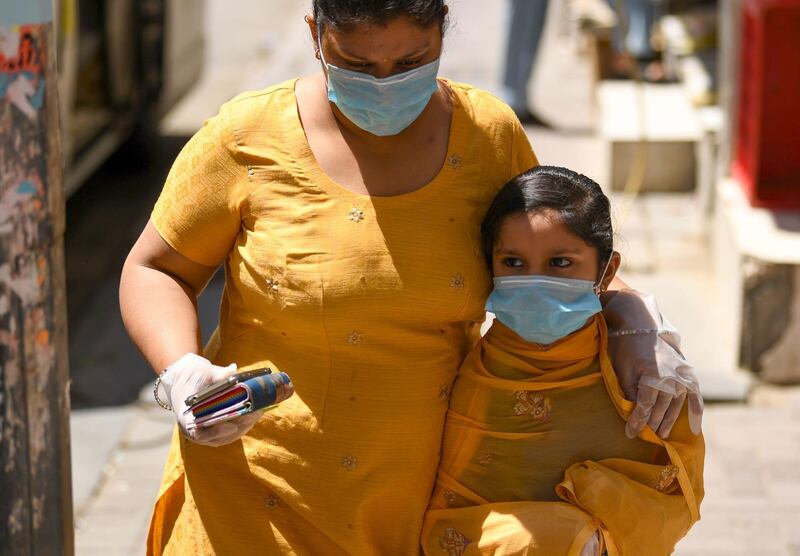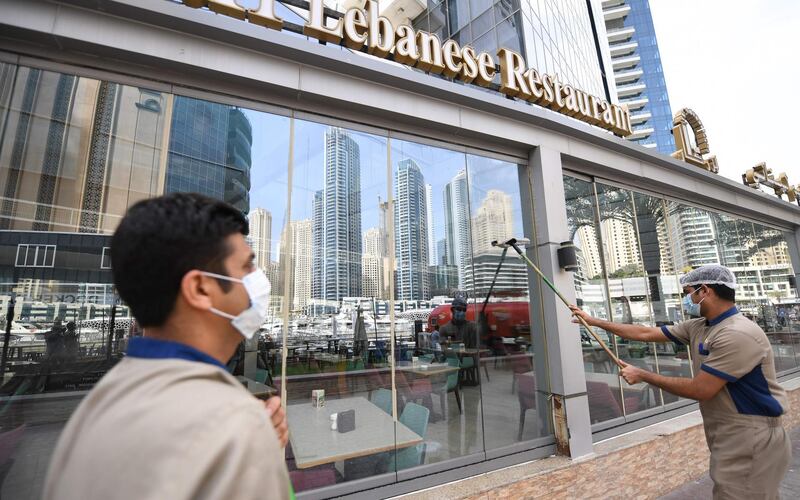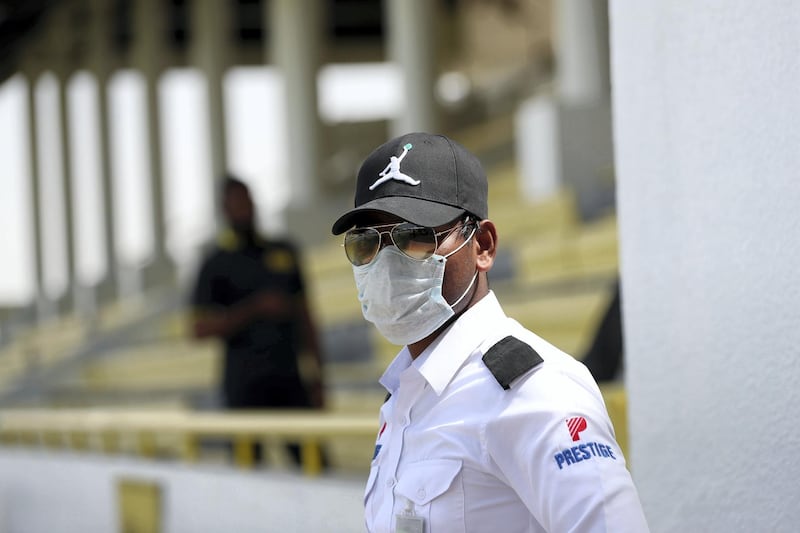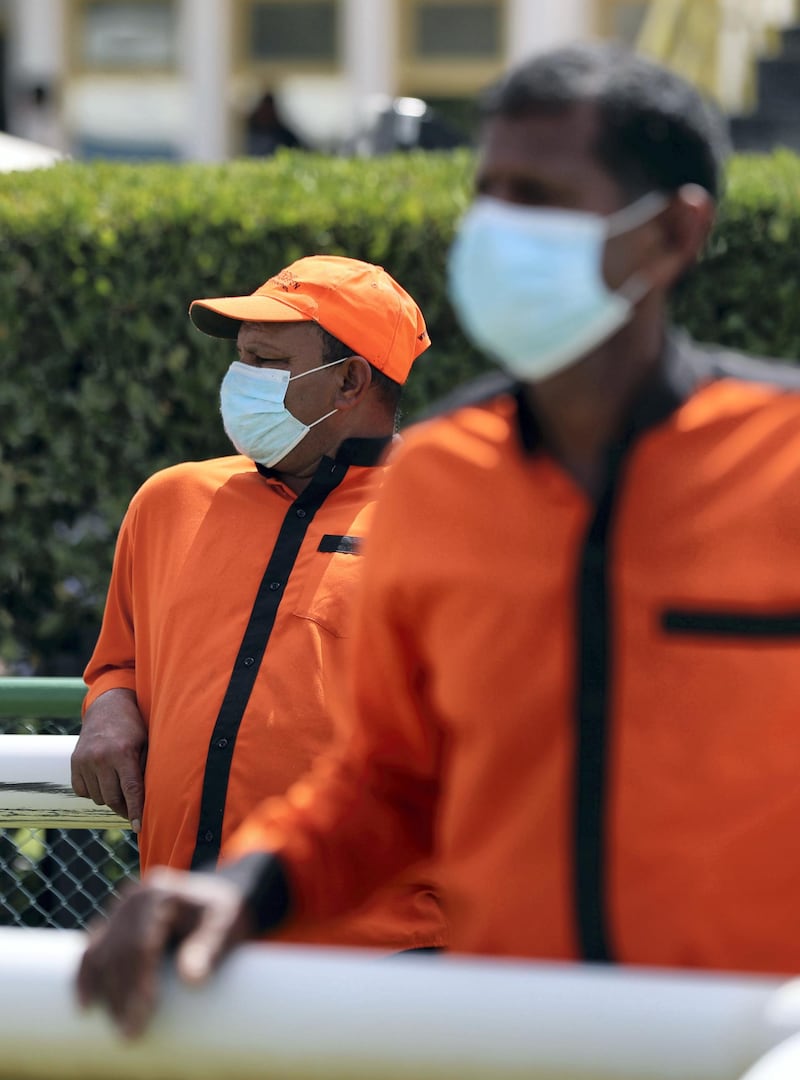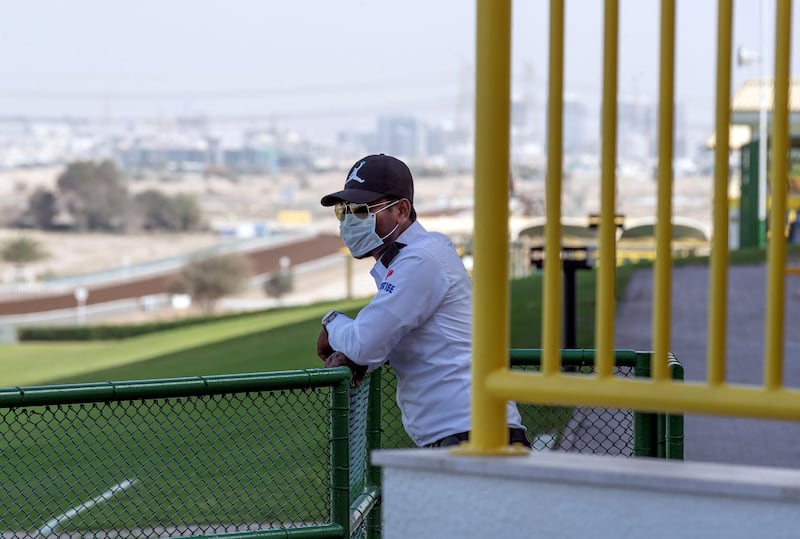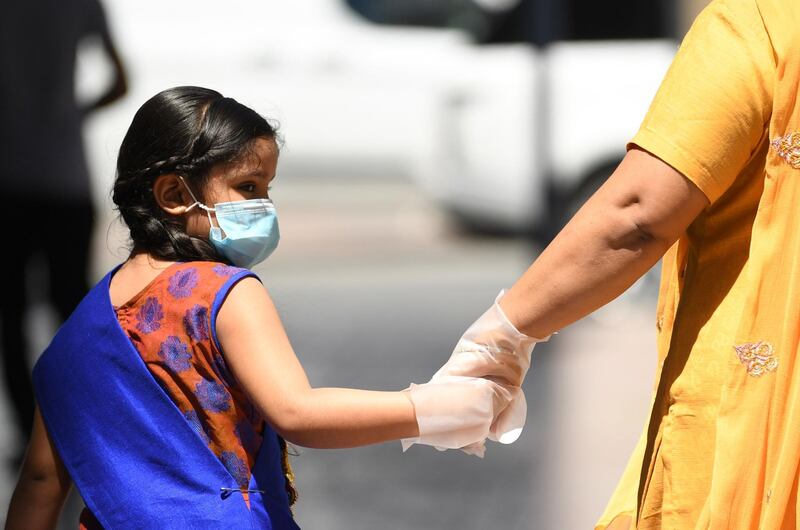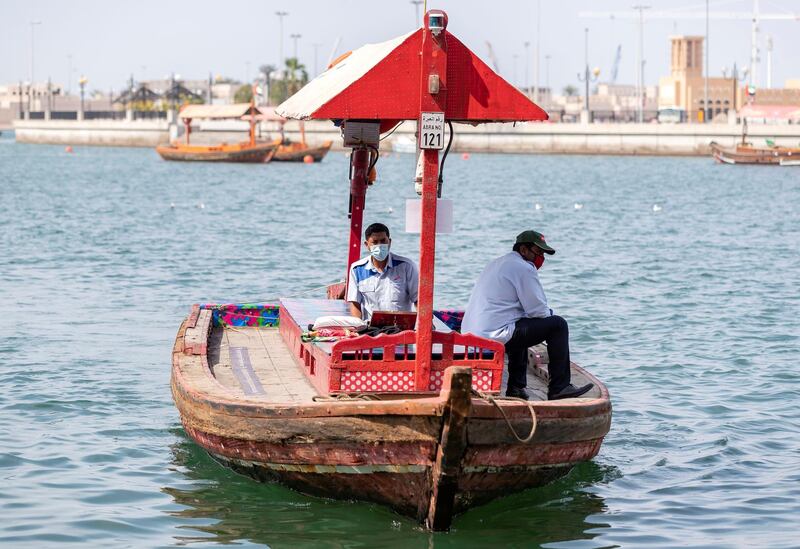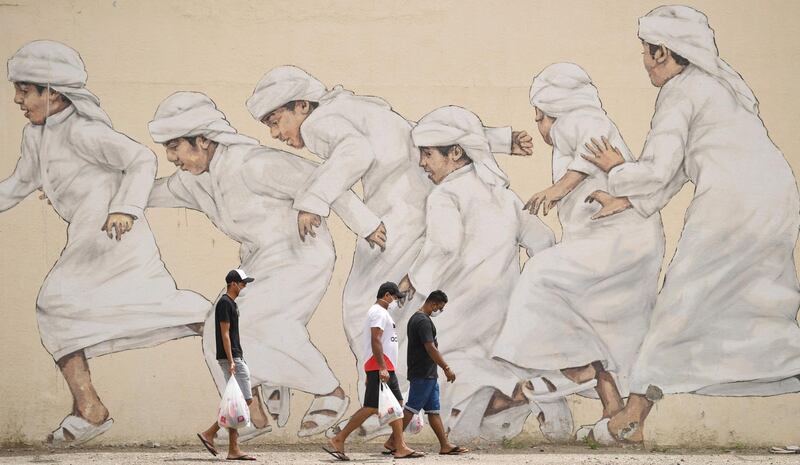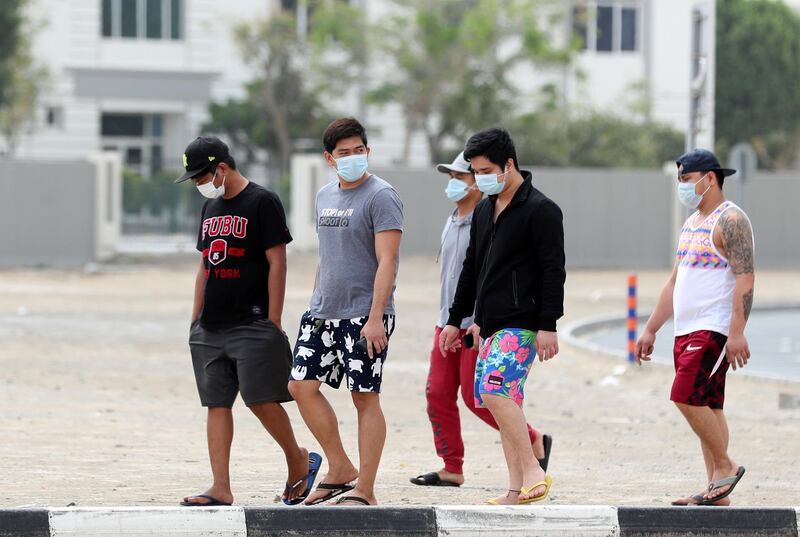Hospitals across the world are looking to reuse face masks as demand increases sharply amid the Covid-19 pandemic.
Tens of thousands of medical staff require masks and other protective equipment every day, increasing the pressure on the global supply.
In early March, the World Health Organisation estimated 89 million masks would be needed each month and called on manufacturers to boost production.
Increasing demand has led mask prices to more than triple, with bans on exporting personal protective equipment also a contributing factor.
This month, Peter Tsai, a Taiwanese-American materials scientist who developed a patented filtration fabric used in N95 masks, said heating a used mask to 70°C for 24 hours could destroy the virus, while only reducing the effectiveness of the mask by 0.5 per cent.
But in a study published online on Friday, scientists in the US identified two other methods that rendered the virus harmless.
Their techniques had even less of an effect on mask performance.
The US researchers found vaporised hydrogen peroxide caused “extremely rapid inactivation” of the virus on N95 masks and had little effect on the masks’ ability to filter out particles.
They also found UV light destroyed the virus more slowly than vaporised hydrogen peroxide, but had a minimal effect on mask effectiveness.
Because of its effect on the masks’ ability to filter out particles, heating at 70°C was recommended by the US researchers for no more than two decontamination cycles.
Another method, washing masks with 70 per cent ethanol, also made the virus inactive quickly but led to “sharp drops” in mask performance, the researchers said.
The scientists, led by Dr Robert Fischer of the National Institute of Allergy and Infectious Diseases, said they preferred the vaporised hydrogen peroxide method.
In online guidance, the US Centres for Disease Control and Prevention said decontamination and reuse should be carried out only as a “crisis capacity strategy”.
Based on findings that the virus does not remain viable on surfaces for more than 72 hours, it suggested issuing healthcare workers with five masks, with one used each day.
It said each mask should be placed in a paper bag at the end of a shift and reused only five days later.
With this method, masks could be reused up to five times, although they should be thrown out before this if they are visibly damaged, if the straps no longer give a tight fit, or if there is visible contamination with bodily fluids or make-up.
Among the hospitals with processes in place to reuse masks is the Cleveland Clinic in Abu Dhabi.
This month, the hospital began using ultraviolet light to decontaminate N95 masks. The technique deactivates the virus particles.
Jason Unger, a processing manager at Cleveland Clinic Abu Dhabi, said the efforts would help the hospital should there be any “supply chain problems”.
“We want to make sure we can give N95 masks to all of our caregivers," Mr Unger said.
Several ways to decontaminate masks have been found to be unsafe, including baking, boiling, bleaching, or using soapy water or sanitising wipes.
Trump suggests injecting disinfectant to treat coronavirus patients

Experts also said masks should not be microwaved at home, because the power settings of appliances vary and metal components could catch fire.
People using simple cloth masks are advised by the California Department of Health to wash them with hot, soapy water after each use, or at least daily, before drying them on a hot cycle.
